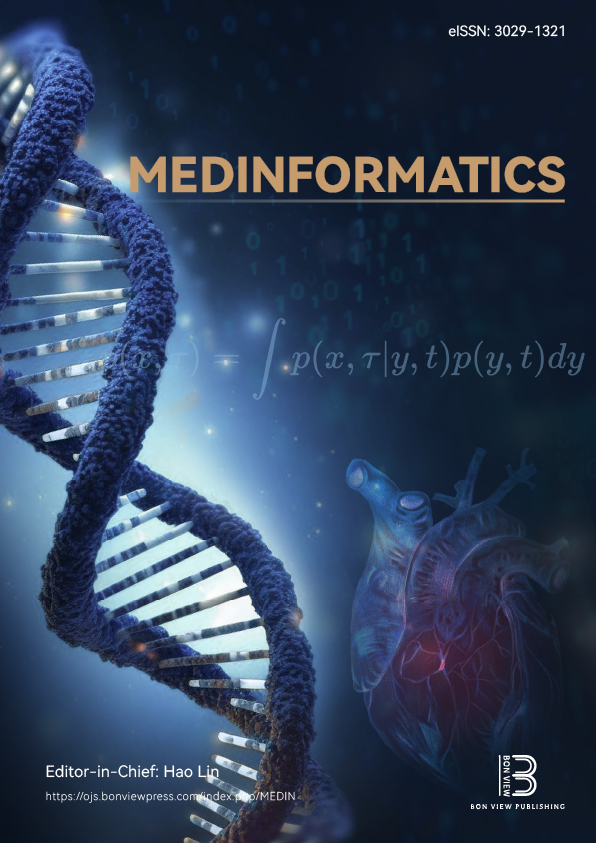The Role of Precision Medicine in Family Health: Tailoring Treatments for Hereditary Diseases
DOI:
https://doi.org/10.47852/bonviewMEDIN52025796Keywords:
precision medicine, hereditary diseases, genetic testing, targeted therapies, multi-omics, personalized healthcareAbstract
Precision medicine is transforming the management of genetic disorders by facilitating personalized treatment approaches that enhance patient outcomes and tackle familial health issues. This study consolidates recent advancements in genetic testing, targeted pharmacological therapies, and individualized treatment strategies, concentrating on cystic fibrosis, sickle cell anemia, and familial hypercholesterolemia. Significant attention is directed toward the essential functions of early diagnosis, familial risk evaluation, and preventive measures to improve health-related quality of life. The review critically examines ongoing challenges, including healthcare disparities, ethical dilemmas, and data privacy concerns. Additionally, it examines the incorporation of emerging technologies, such as multi-omics platforms, artificial intelligence, and genome editing, as valuable tools to enhance diagnosis, therapy, and disease monitoring. The review highlights the potential of precision medicine to enhance sustainable healthcare systems by improving resource allocation, mitigating the long-term economic impacts of chronic genetic disorders, and promoting equitable access to innovative therapeutics. This review highlights the transformative potential of precision medicine in managing genetic disorders using CRISPR-Cas9 and its alignment with the Sustainable Development Goals, which aim to promote global health equity and personalized care.
Received: 29 March 2025 | Revised: 30 July 2025 | Accepted: 23 October 2025
Conflicts of Interest
The authors declare that they have no conflicts of interest to this work.
Data Availability Statement
The data that support this work are available upon reasonable request to the corresponding author.
Author Contribution Statement
Rufus Oluwagbemileke Ajayi: Conceptualization, Writing – original draft, Writing – review & editing. Oluwafikayo Seun Adeyemi-Benson: Conceptualization, Writing – original draft. Oluwateniola Ajoke Adeyemi-Benson: Methodology, Project administration. Taiwo Temitope Ogunjobi: Methodology, Writing – review & editing. Onyeka Mary Ukpoju-Ebonyi: Investigation. Jean-Marie Akor Ebonyi: Investigation.
Downloads
Published
Issue
Section
License
Copyright (c) 2025 Authors

This work is licensed under a Creative Commons Attribution 4.0 International License.


